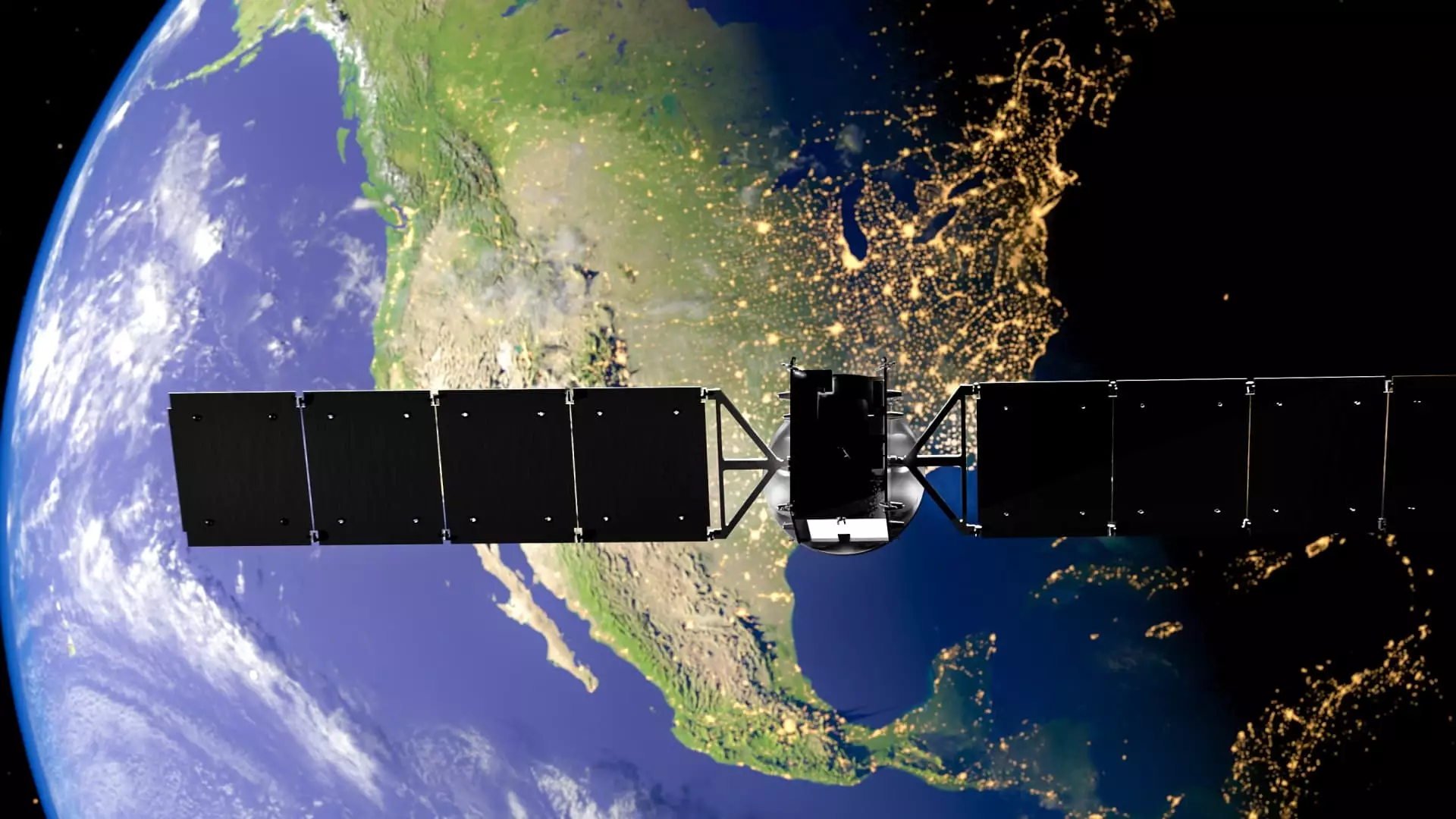The Global Positioning System (GPS) has been an integral part of navigation and communication since its development by the U.S. Air Force nearly half a century ago. This constellation of satellites has transcended its original military applications, profoundly impacting civilian life and the economy. According to a study by the Department of Commerce, GPS is responsible for generating an estimated $1.4 trillion in economic benefits. However, the same report ominously pointed out that a disruption to GPS services could lead to staggering economic losses—estimated at $1 billion per day. The critical nature of this technology cannot be understated, prompting the U.S. Space Force to initiate a new venture aimed at ensuring the resilience of this vital system.
Introducing the Resilient Global Positioning System (R-GPS)
In response to the vulnerabilities associated with existing GPS satellites, the U.S. Space Force has launched the Resilient Global Positioning System (R-GPS) program, a planned $2 billion initiative designed to create a backup network. This program not only addresses current gaps but is also a proactive measure against potential threats from adversaries like Russia and China—both nations are increasingly capable of interfering with satellite operations. According to Lieutenant Colonel Justin Deifel, head of the R-GPS initiative, this new satellite system is akin to utilities such as water and electricity; it’s a foundational element for economic and military functions in modern society.
In a strategic shift, the Space Force is turning to commercial space firms to help realize this ambitious plan. Last month, contracts were awarded to four companies: Astranis, Axient, L3 Harris, and Sierra Space. By engaging these private entities, the Space Force aims to leverage innovative technologies and streamline development processes. For instance, Astranis, known for its work in satellite internet, is now venturing into positioning, navigation, and timing (PNT) services with its new Nexus satellite product line. CEO John Gedmark describes this push into higher orbits as a critical evolution in the capabilities associated with national security and GPS technology.
The financial scope of the R-GPS initiative is significant. Initial estimates suggest that constructing a constellation of at least 24 satellites could cost between $1.2 billion and $1.9 billion. This budget encompasses recurring engineering costs, with separate considerations needed for non-recurring engineering expenses, which are expected to be lower than initial design costs. The intent is to deploy these satellites in batches, with the first expected launches scheduled for 2028. The Space Systems Command (SSC) plans to implement a rapid design phase lasting eight months—a process that typically takes much longer in military contracting. The swift pace at which this program is advancing is noteworthy and reflects a new operational agility within the Department of Defense.
While the potential for R-GPS to become a crucial component of the U.S. satellite framework is palpable, it is not without its challenges. Astranis experienced difficulties with its inaugural satellite due to third-party issues; however, the company remains optimistic due to its extensive experience in operating satellites in challenging orbits. Gedmark emphasizes that Astranis is uniquely positioned in the industry, having successfully demonstrated its low-cost, radiation-hardened satellite technology in operational conditions. This successful track record may serve as a blueprint for the R-GPS initiative, showcasing the importance of reliability in new technology deployments.
The R-GPS program is not solely an economic initiative; it has profound implications for national security. As GPS technology is woven into the fabric of military operations and civilian infrastructure, its resilience becomes paramount in an era where space-related vulnerabilities are increasingly exploited by global adversaries. The successful deployment of R-GPS can fortify the U.S. against disruptions and ensure that essential services continue to operate unhindered in times of crisis.
The Resilient Global Positioning System initiative represents a critical step forward in securing America’s navigation and timing systems. By fostering collaboration with commercial space enterprises and employing a nimble approach to satellite deployment, the U.S. Space Force aims to mitigate risks while ensuring that both military and civilian sectors remain connected and operationally effective. As the aerospace landscape evolves, R-GPS stands as a testament to the importance of innovation and resilience in safeguarding one of the most vital technologies of our time.

Leave a Reply